As an athlete-turned-conservationist myself, I felt a deep connection to Kevin Iro. True, I didn’t have an illustrious international rugby career. I didn’t have a nickname like “The Beast.” (Mine was “Grundle” for its sonic resemblance to my last name, “Ruenzel.” High School. Go figure.) But after tearing my ACL for the third time and hearing doctors say “you’re done,” I did reinvent myself. I got into theater, then film, then conservation. Kevin Iro did something similar. He got into conservation in his native Cook Islands, and did something unfathomable. He helped establish the largest ocean preserve in the world: Marae Moana.
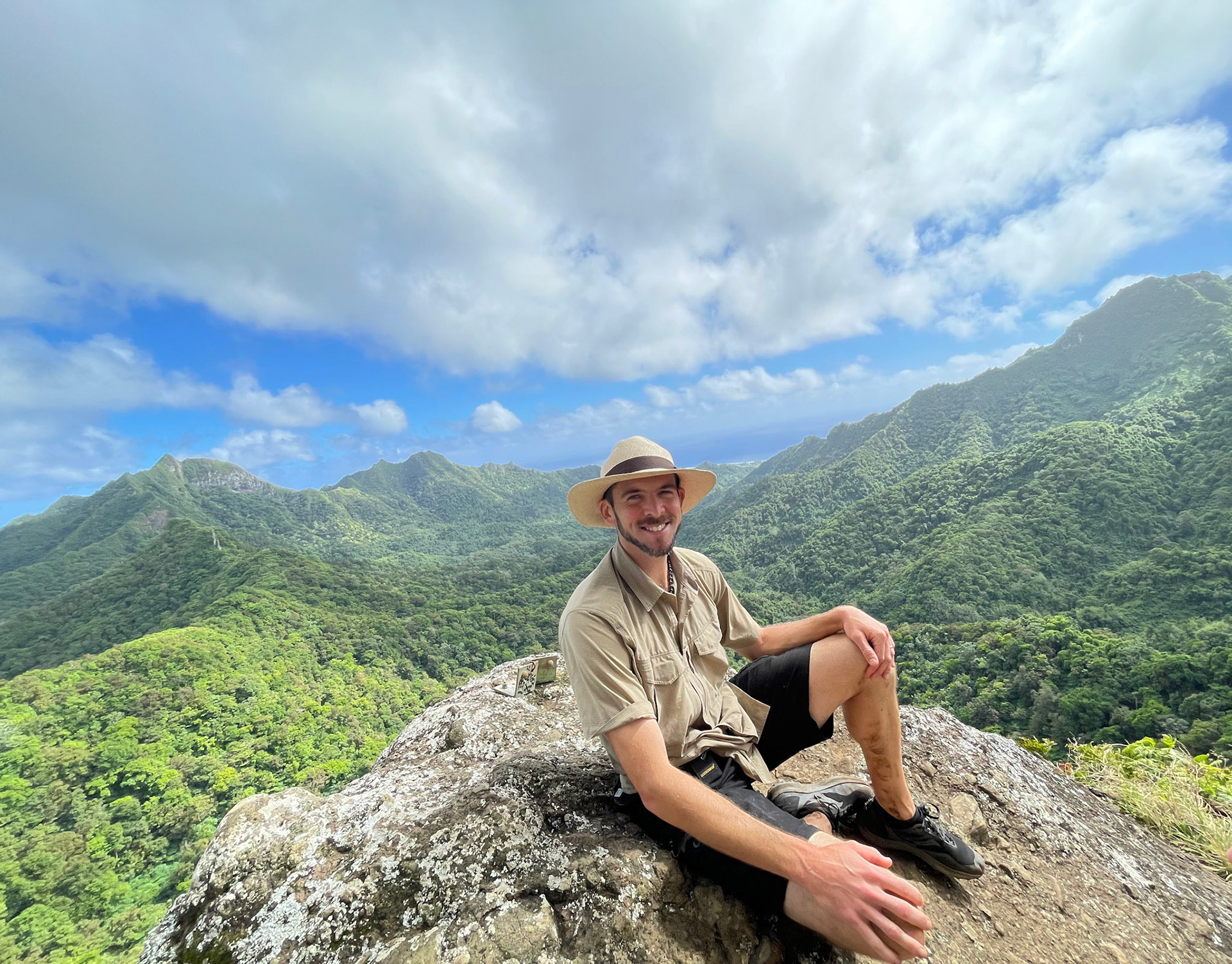
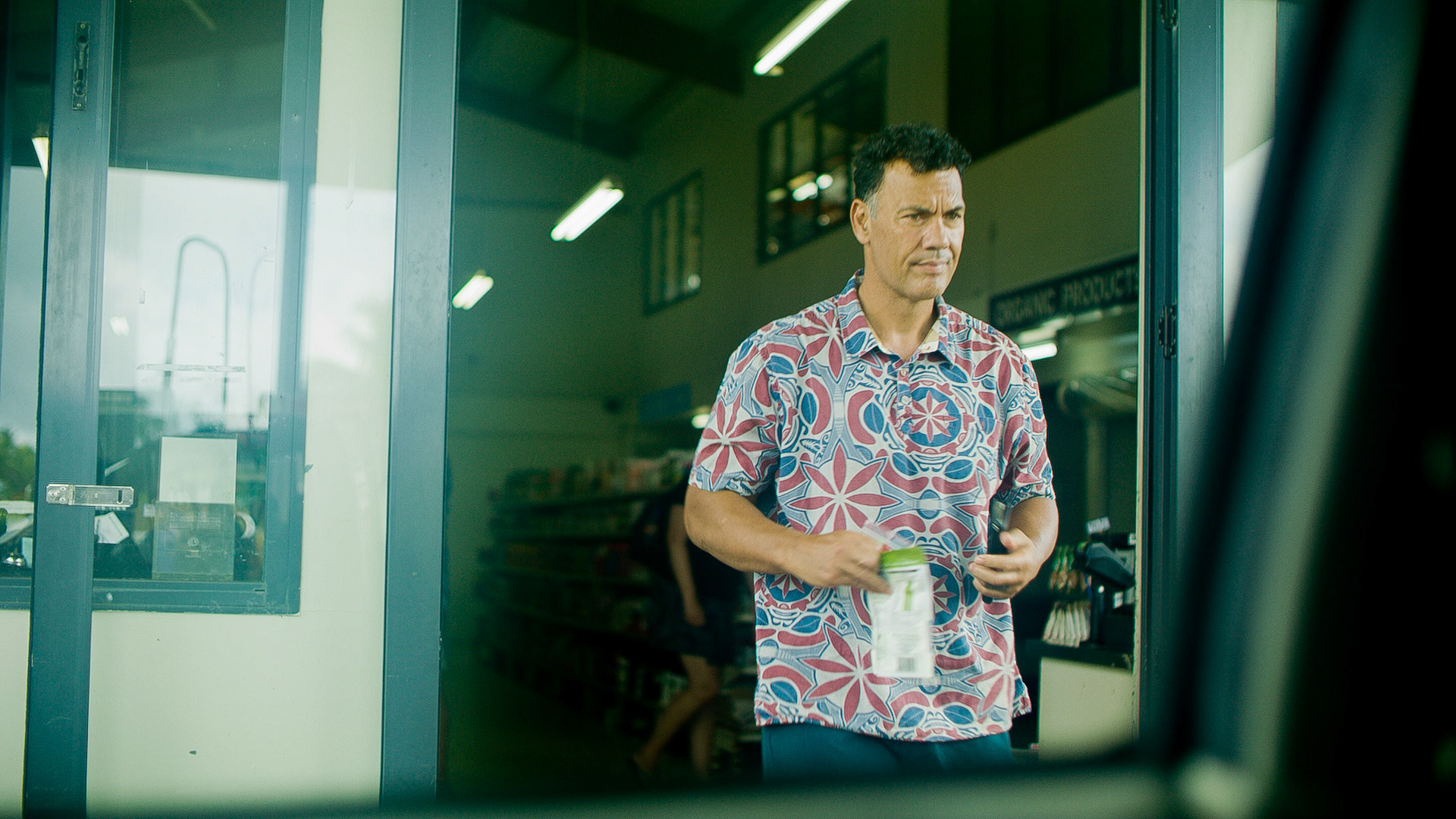
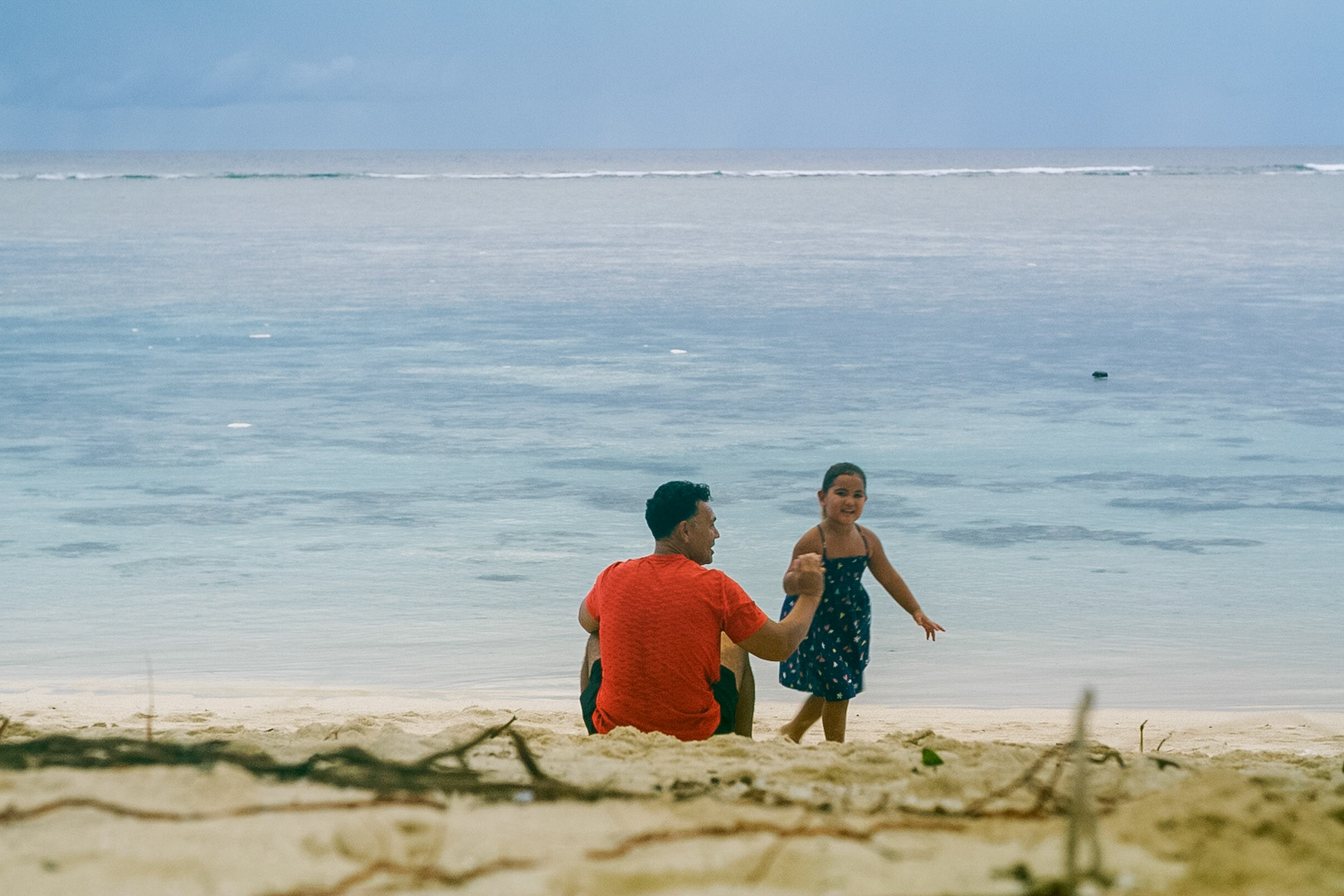
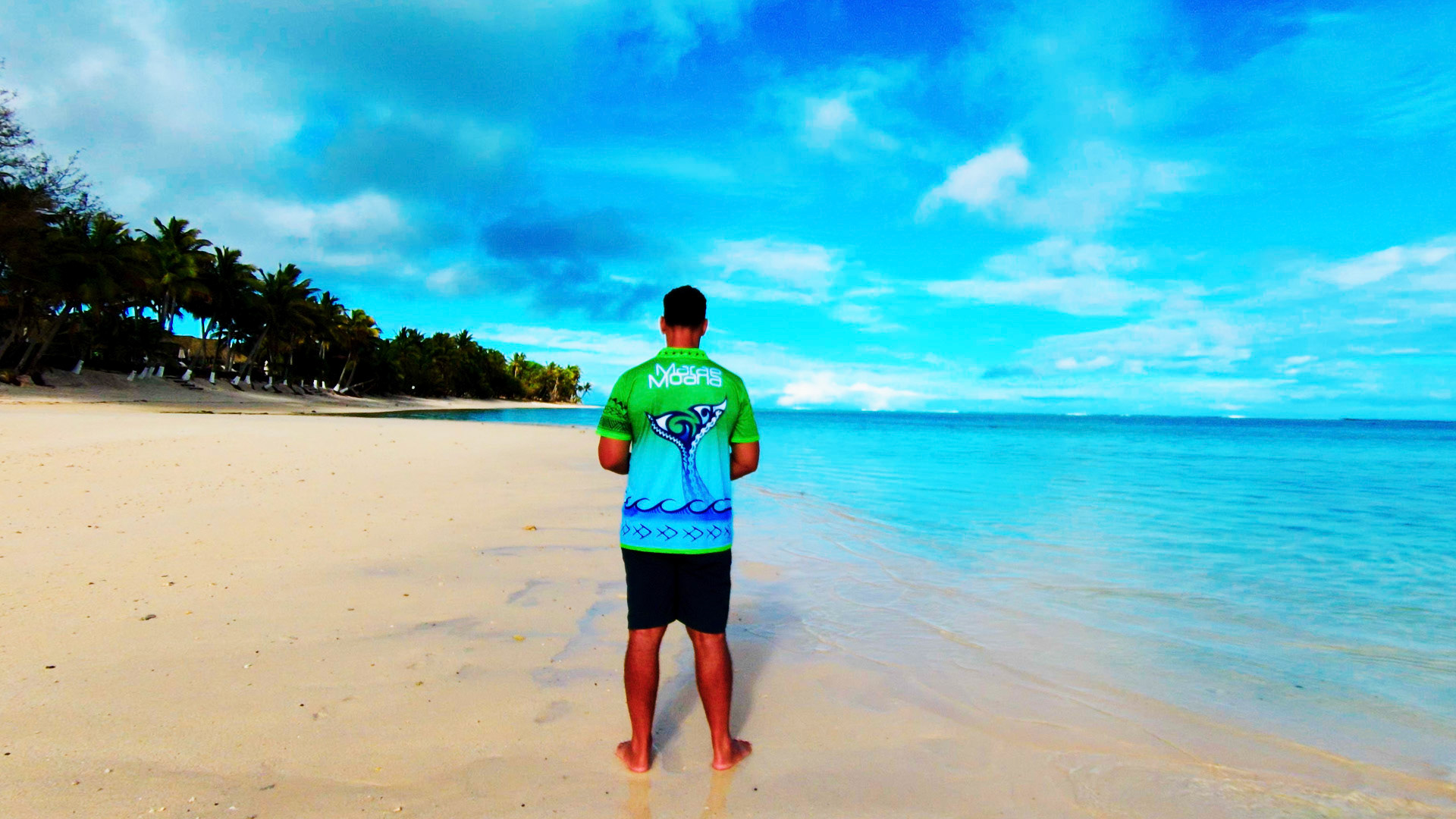
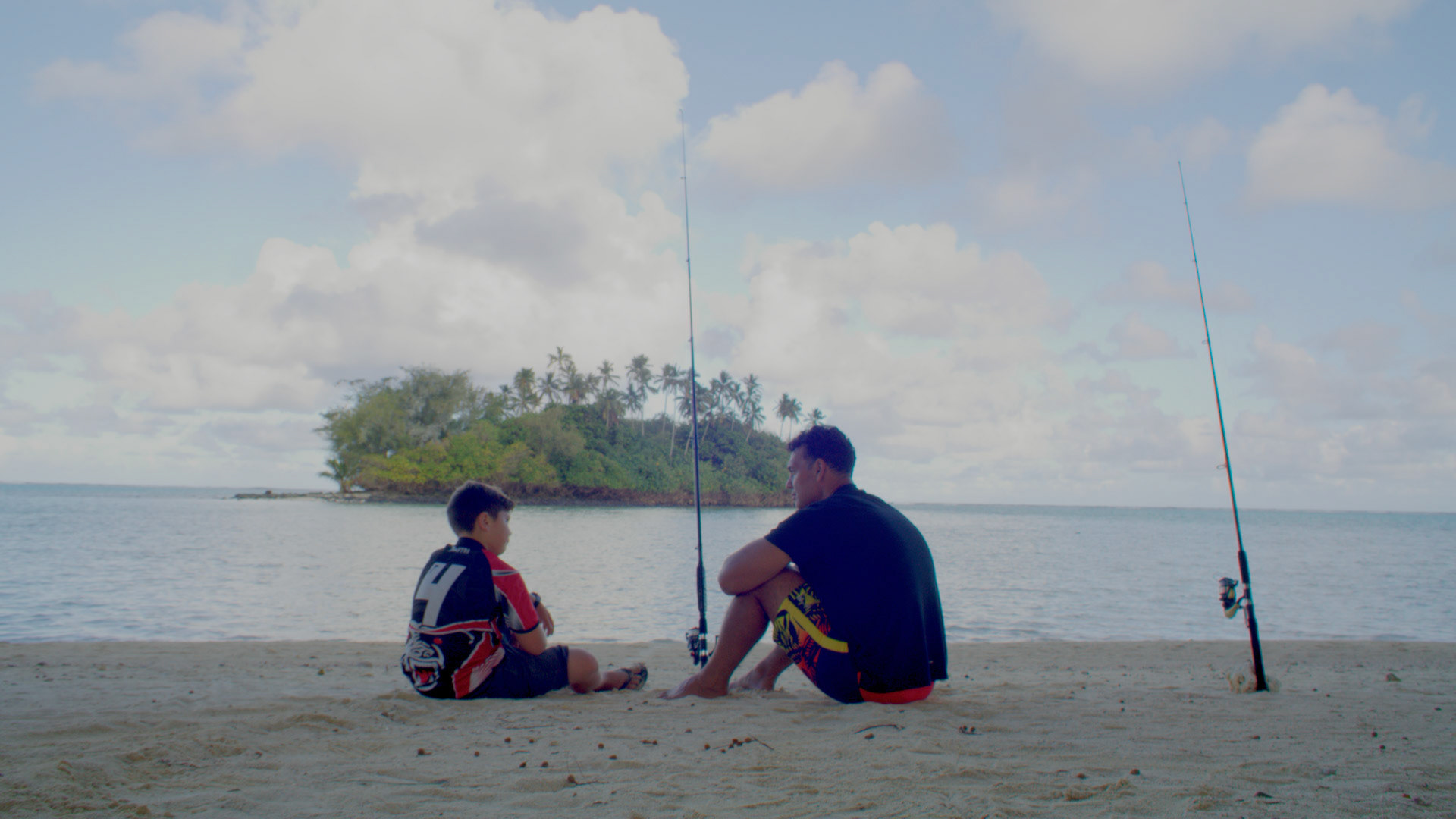
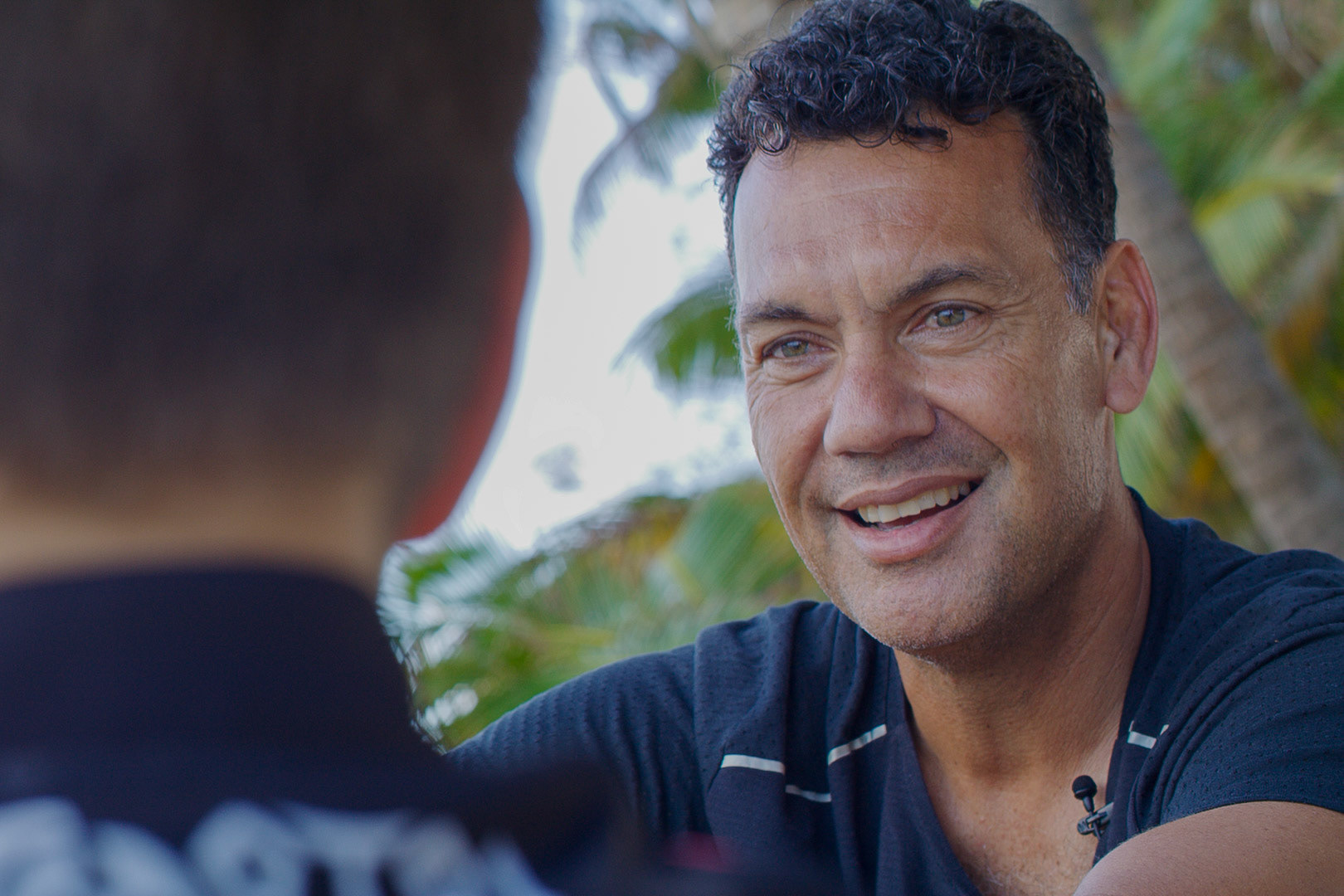
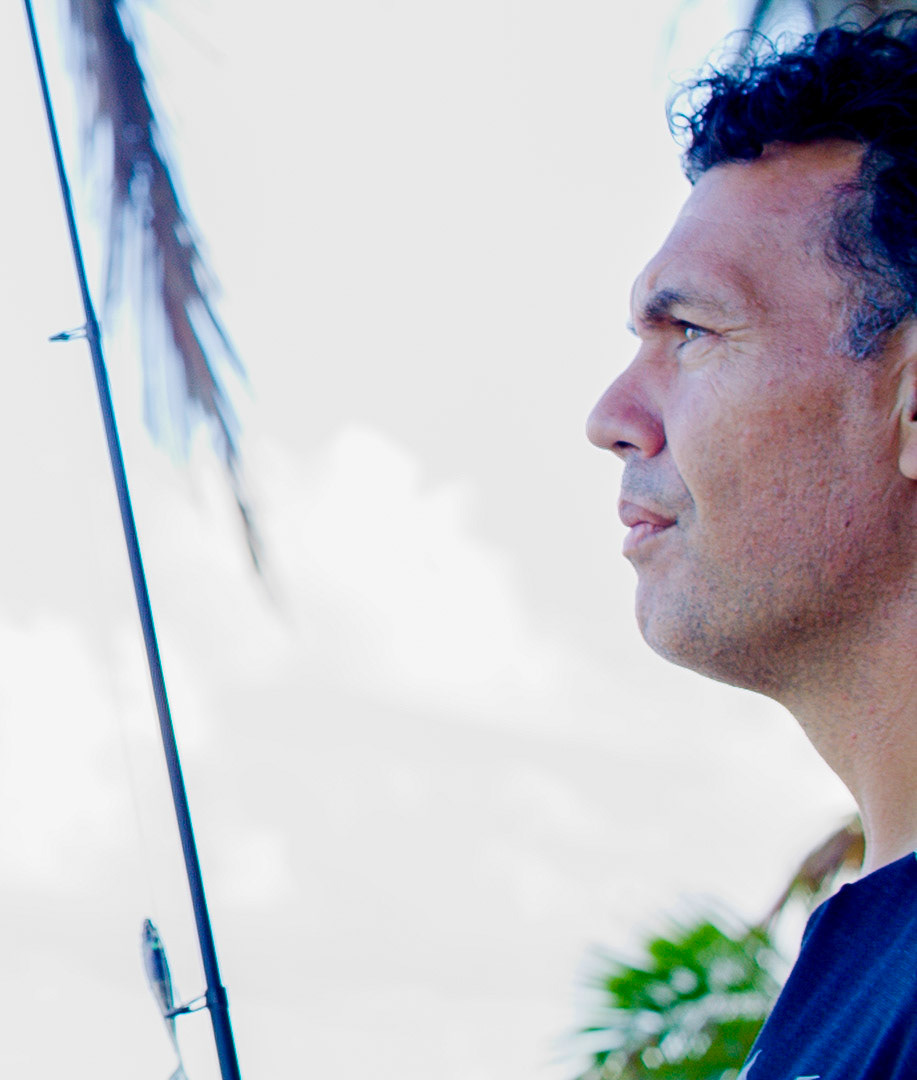
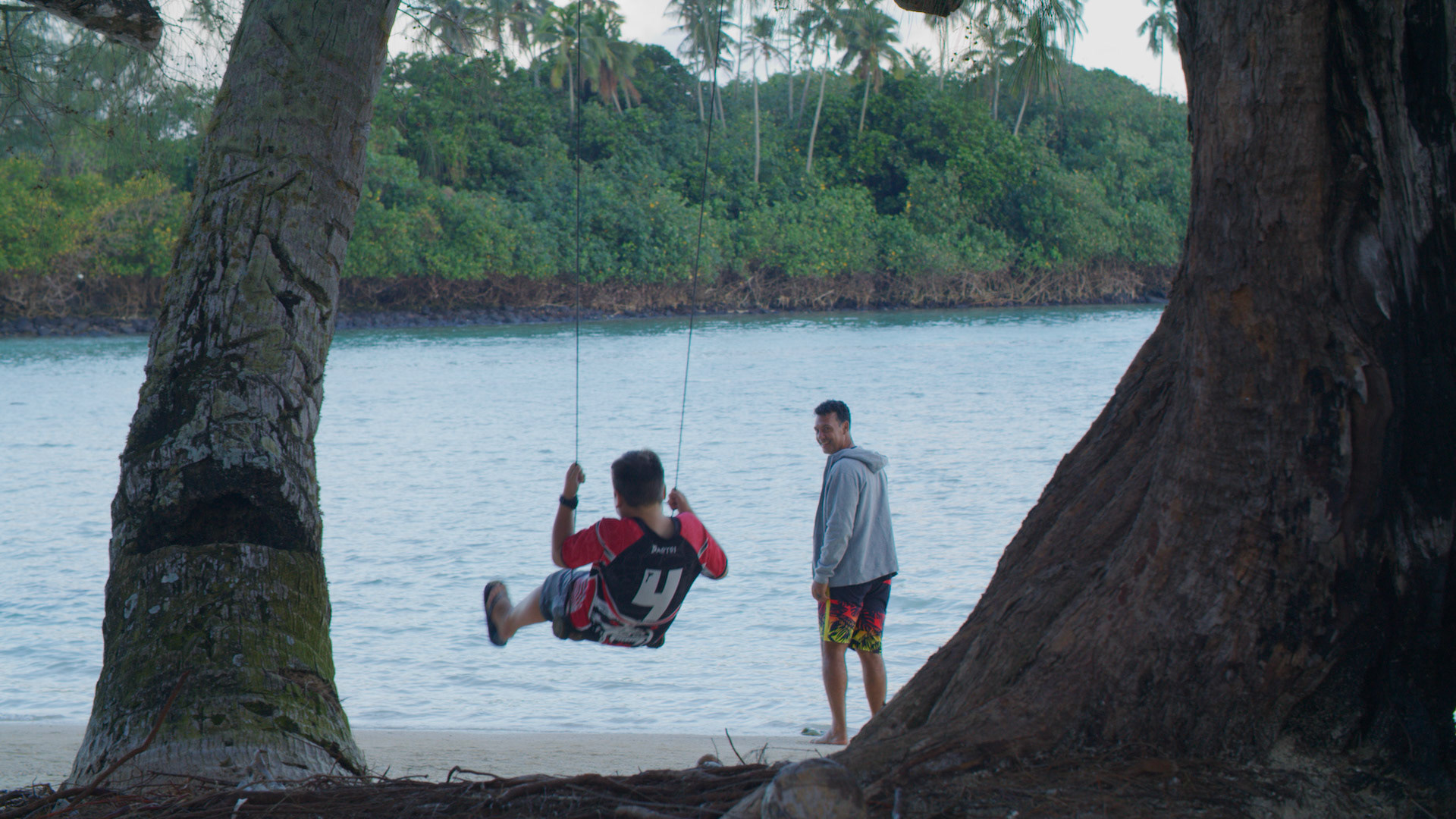
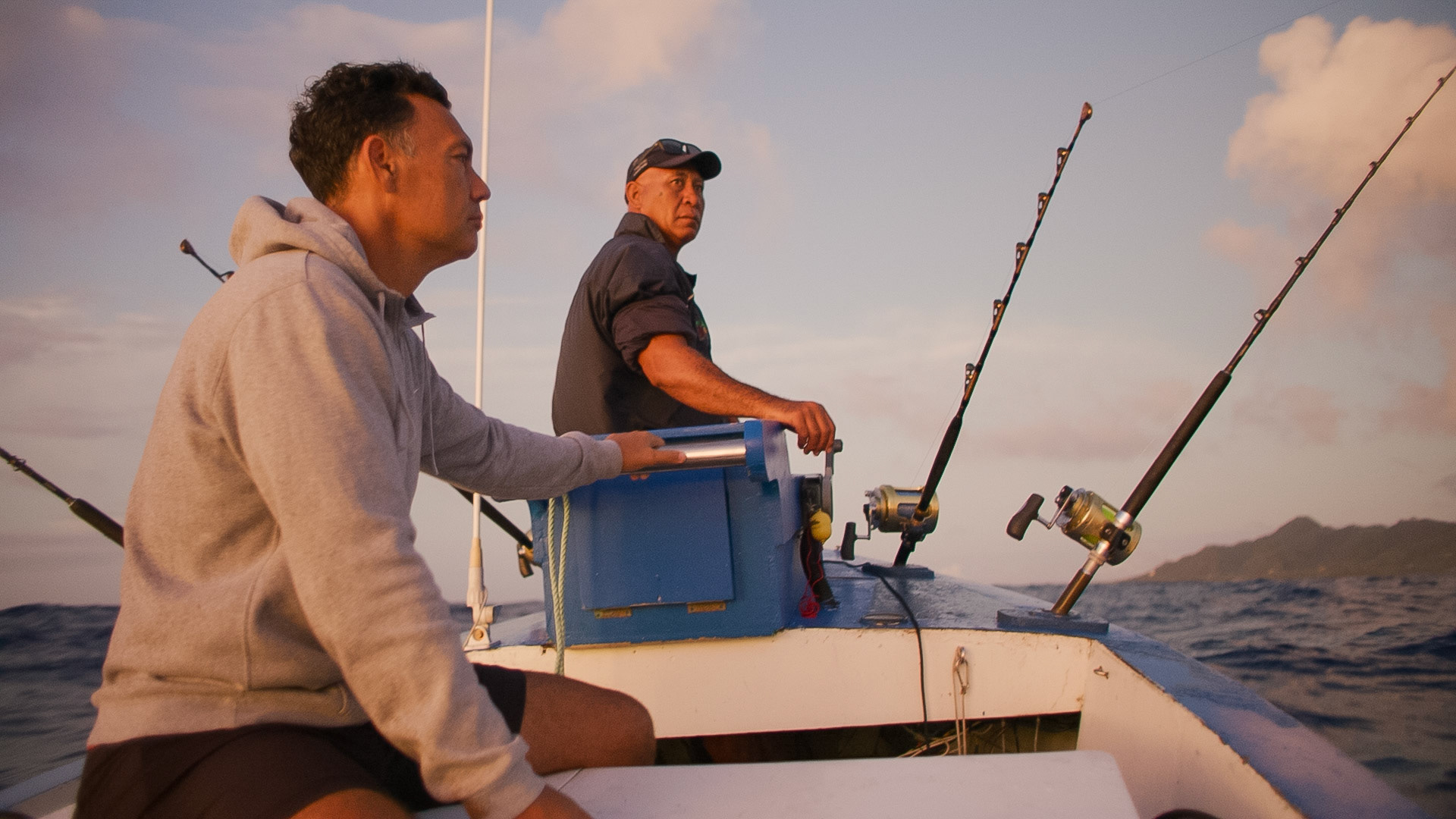
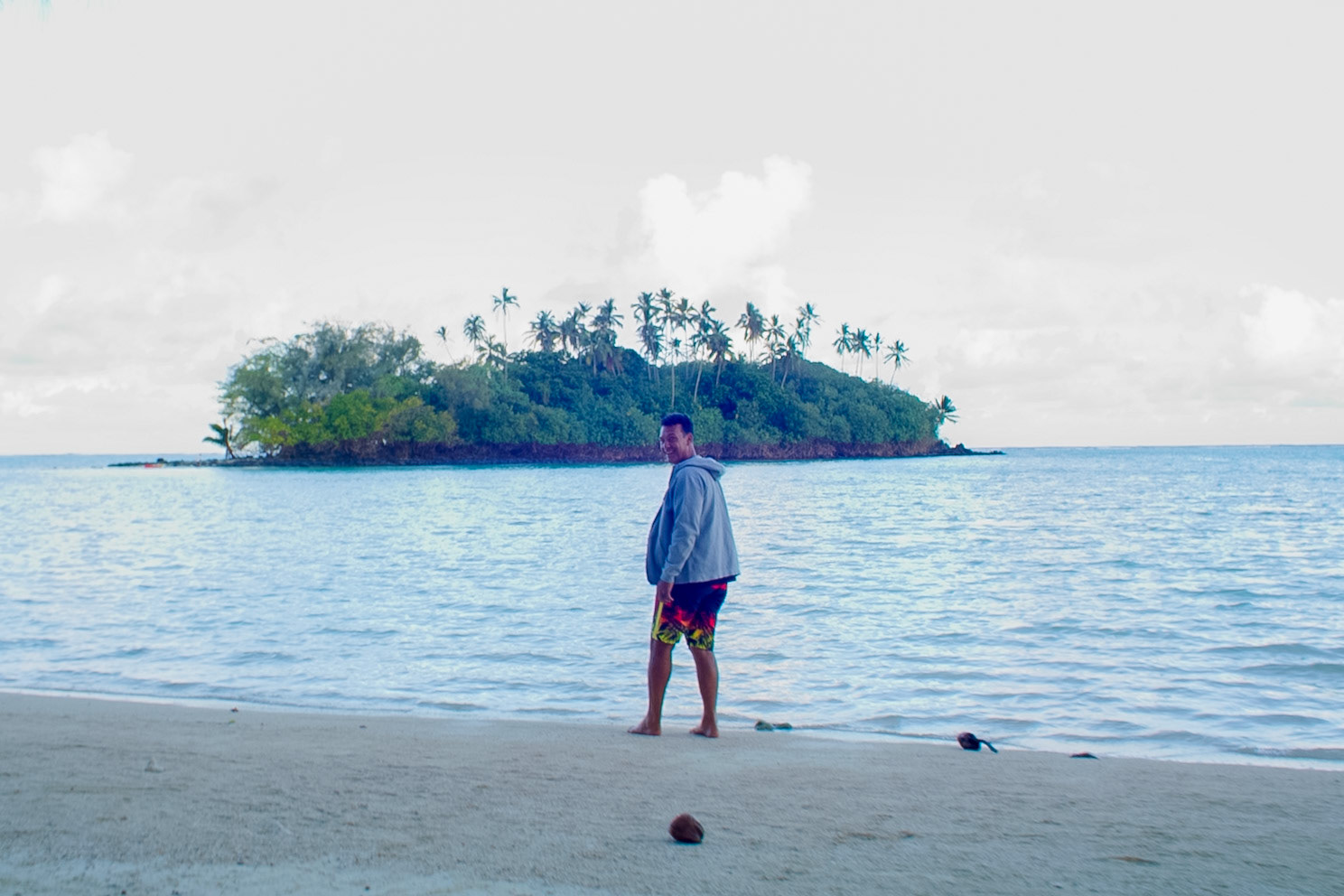
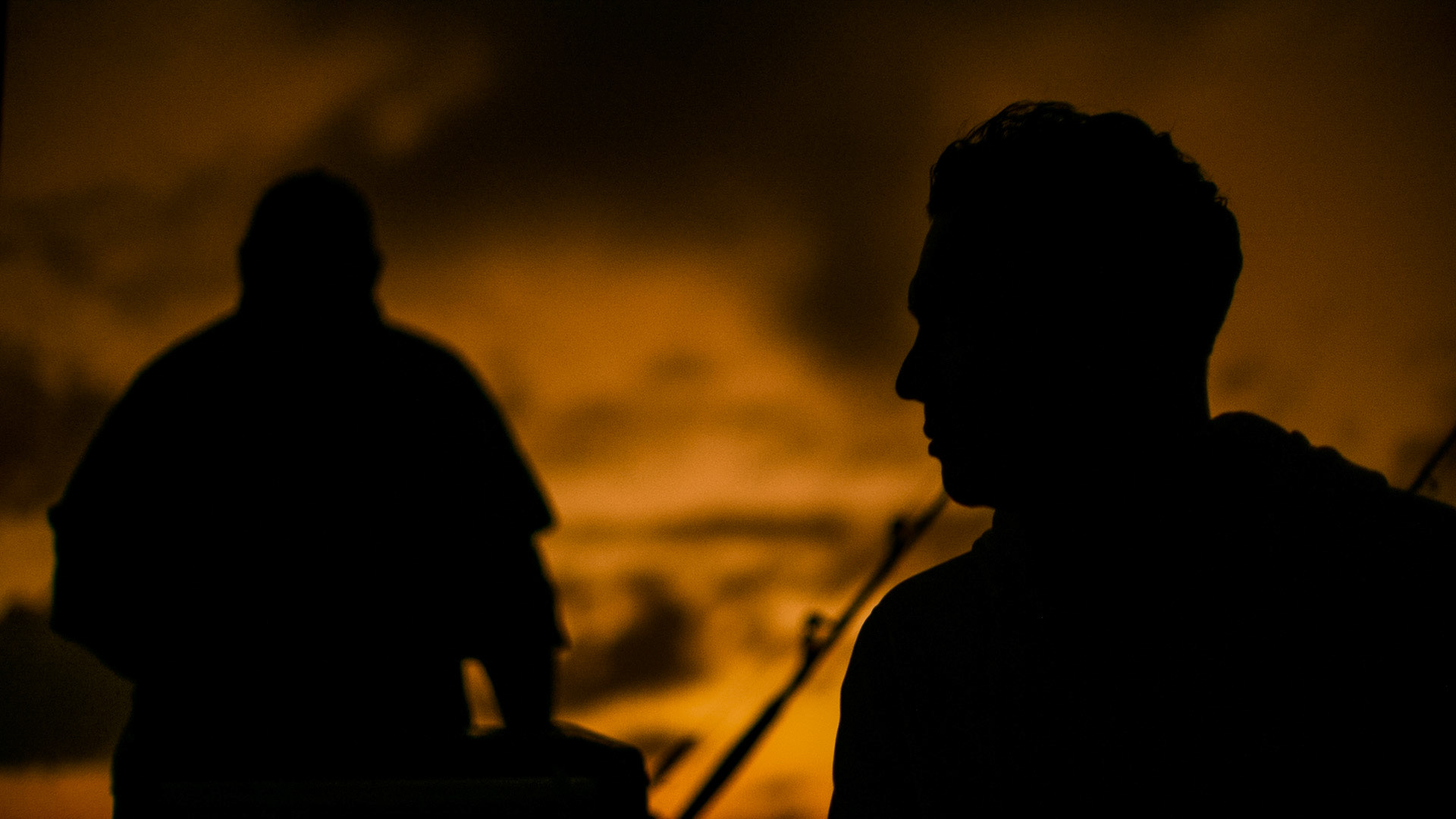
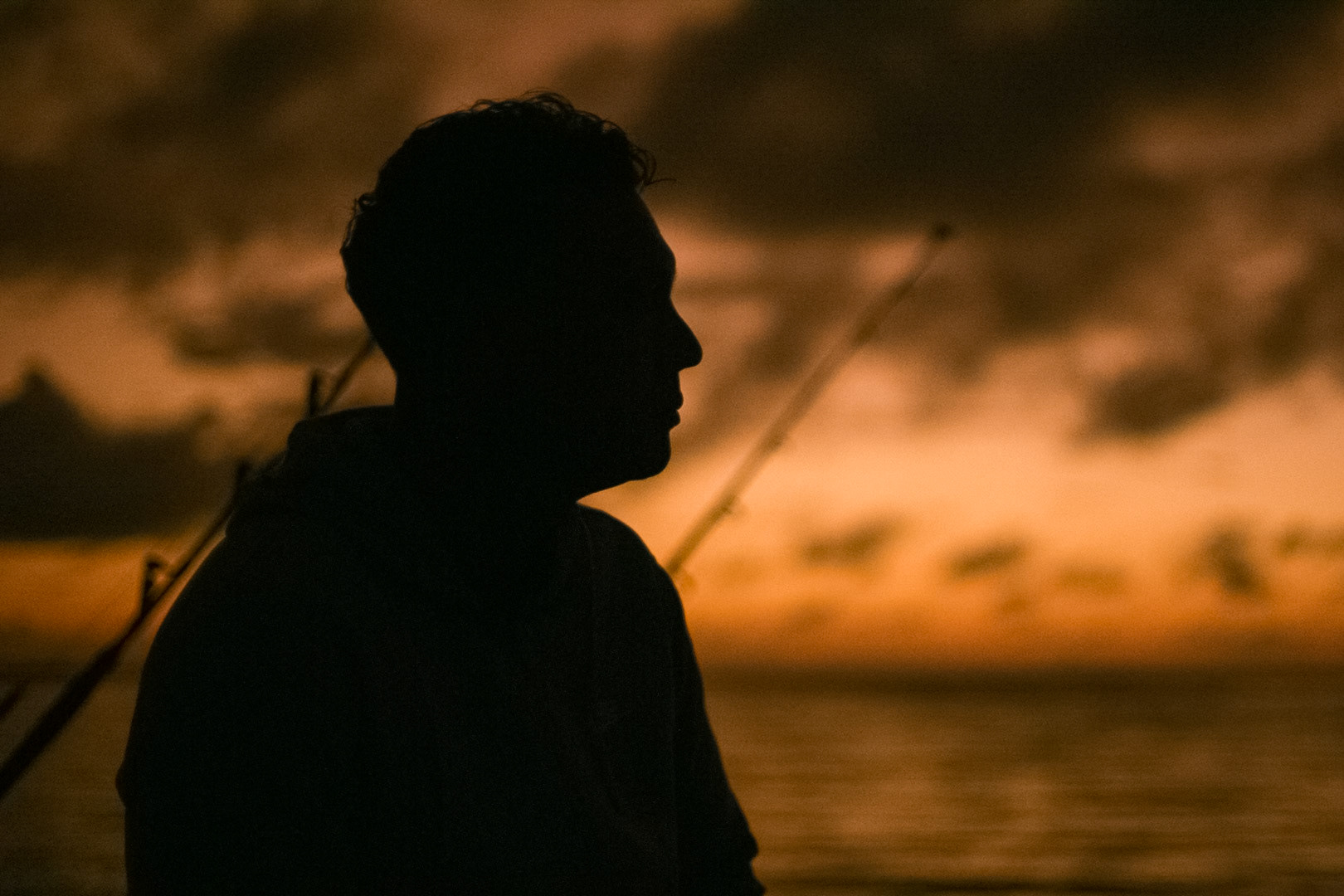
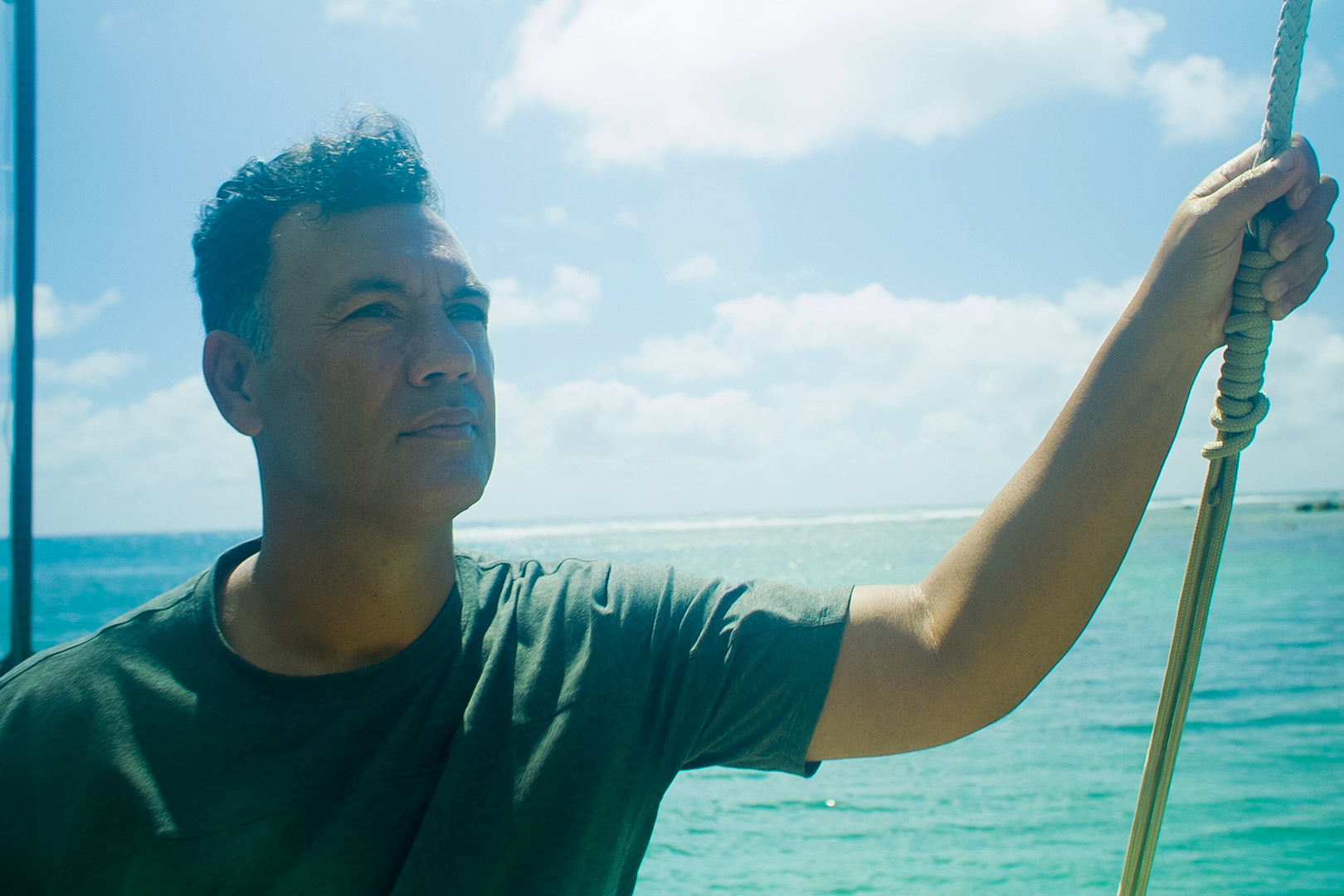
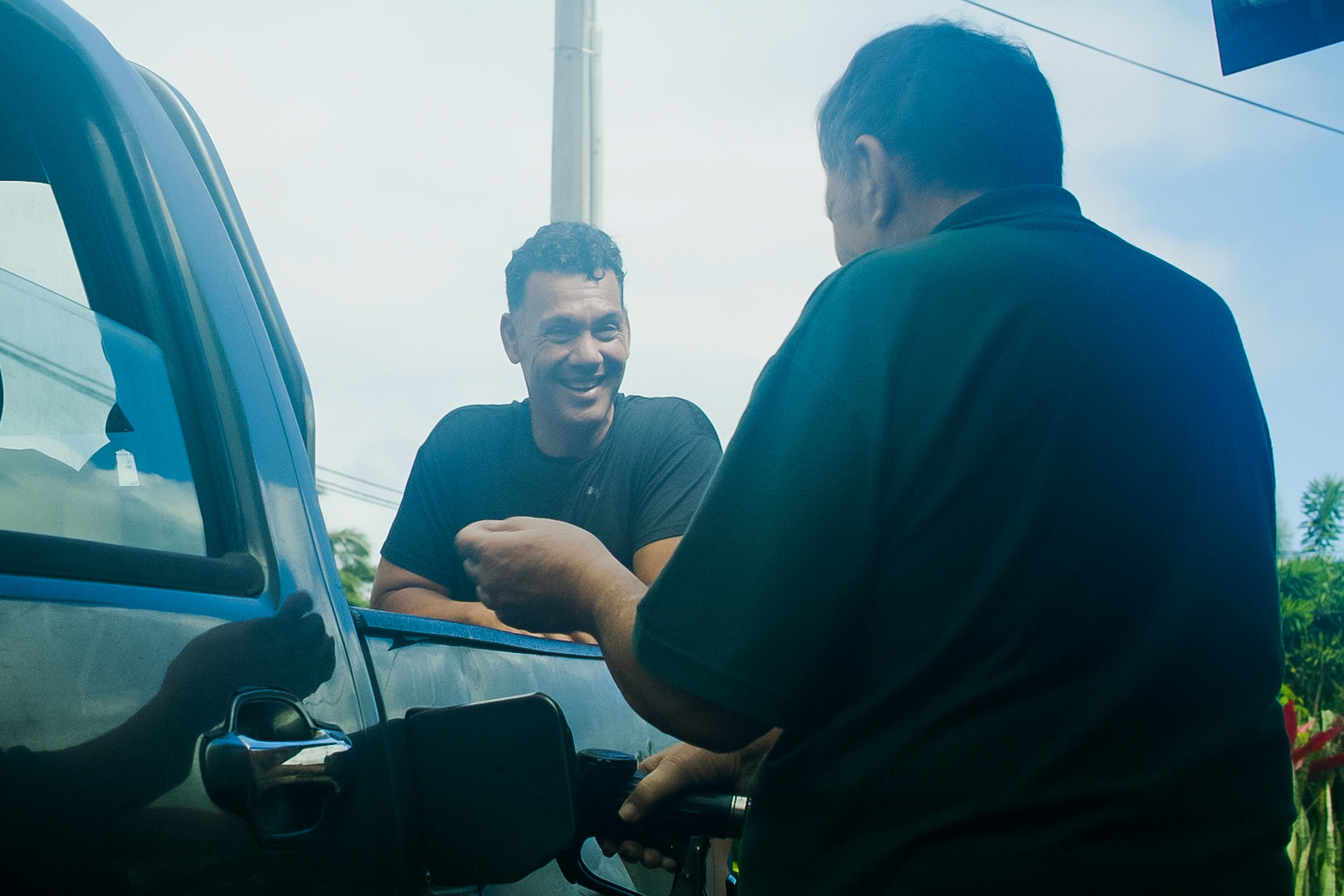
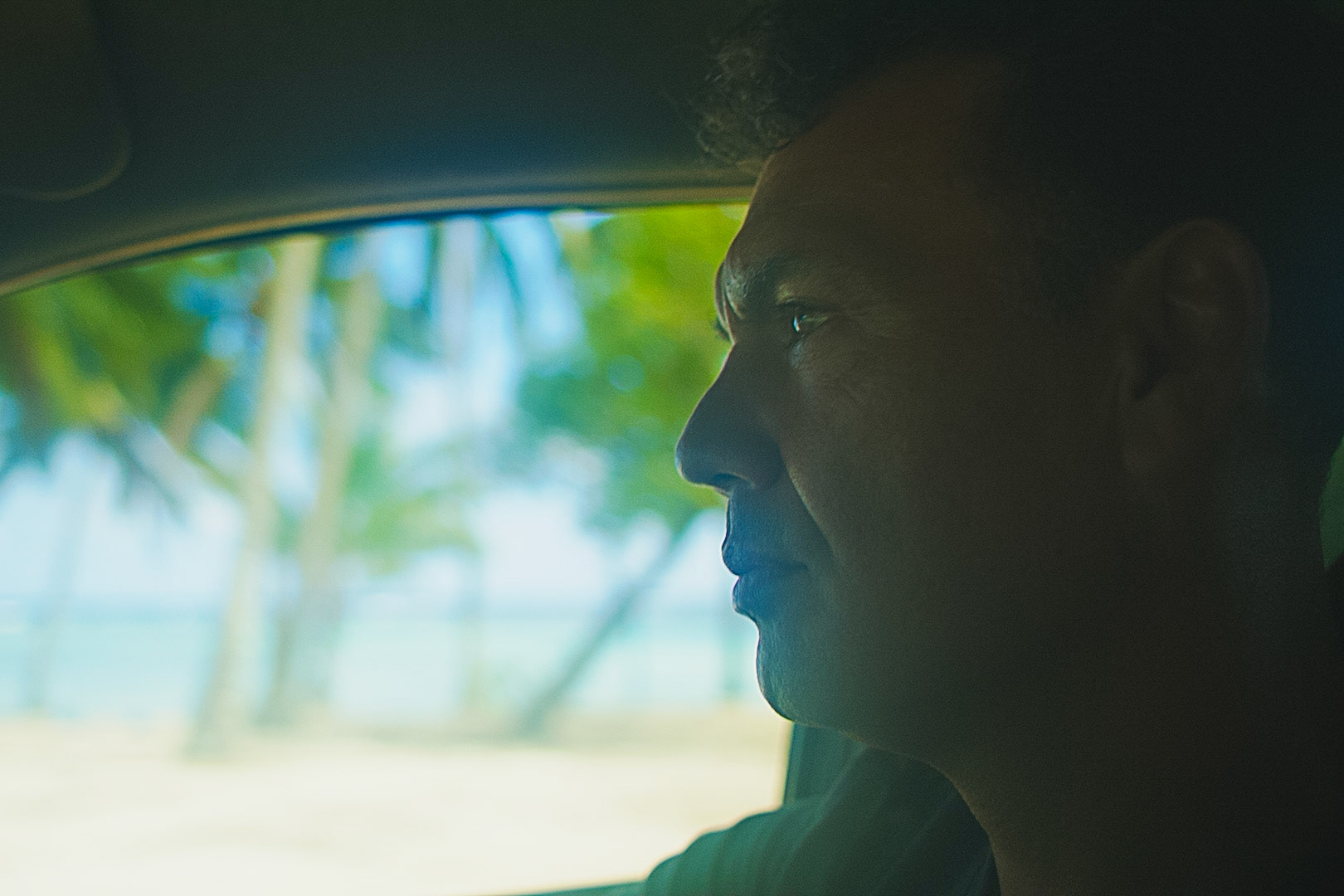
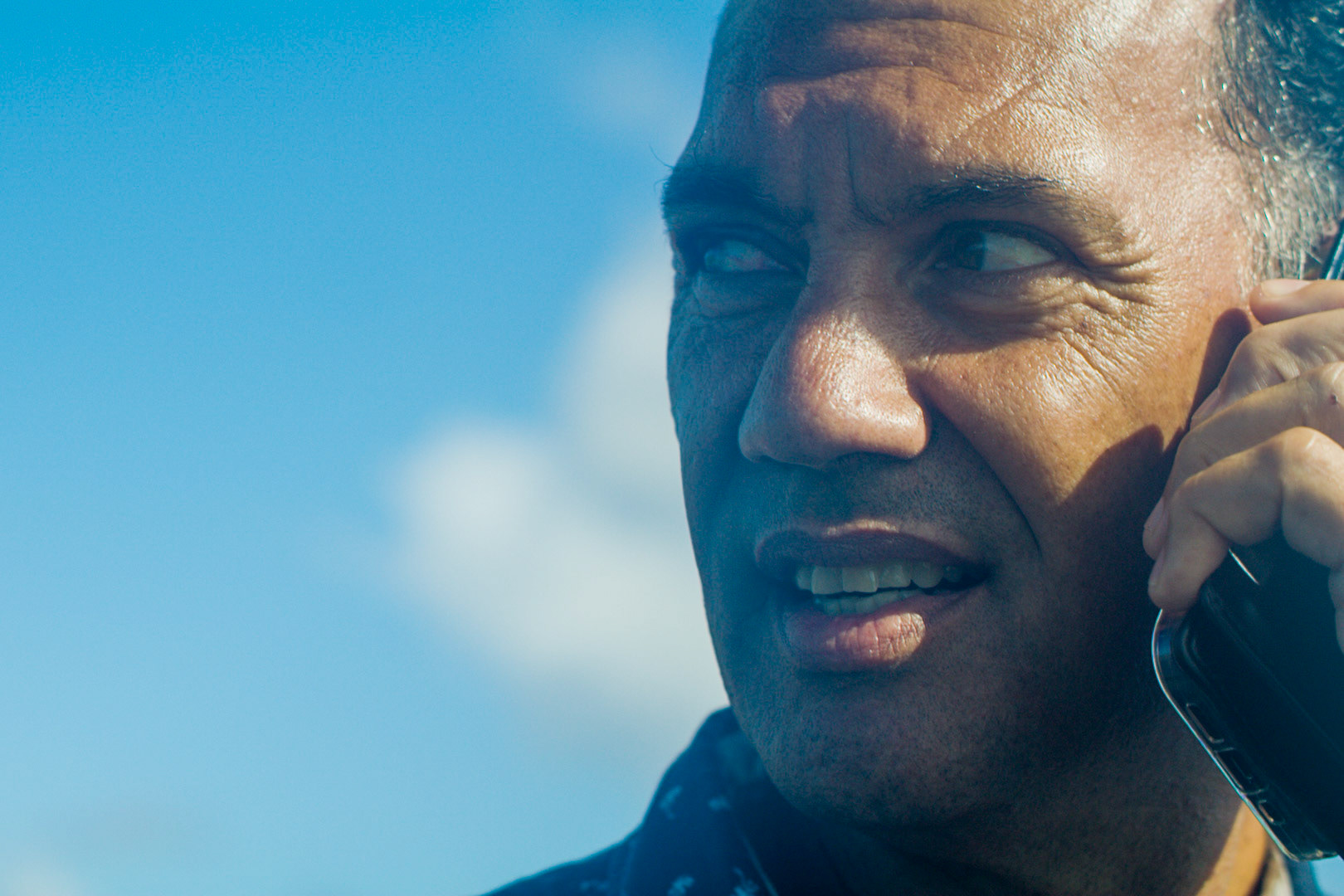
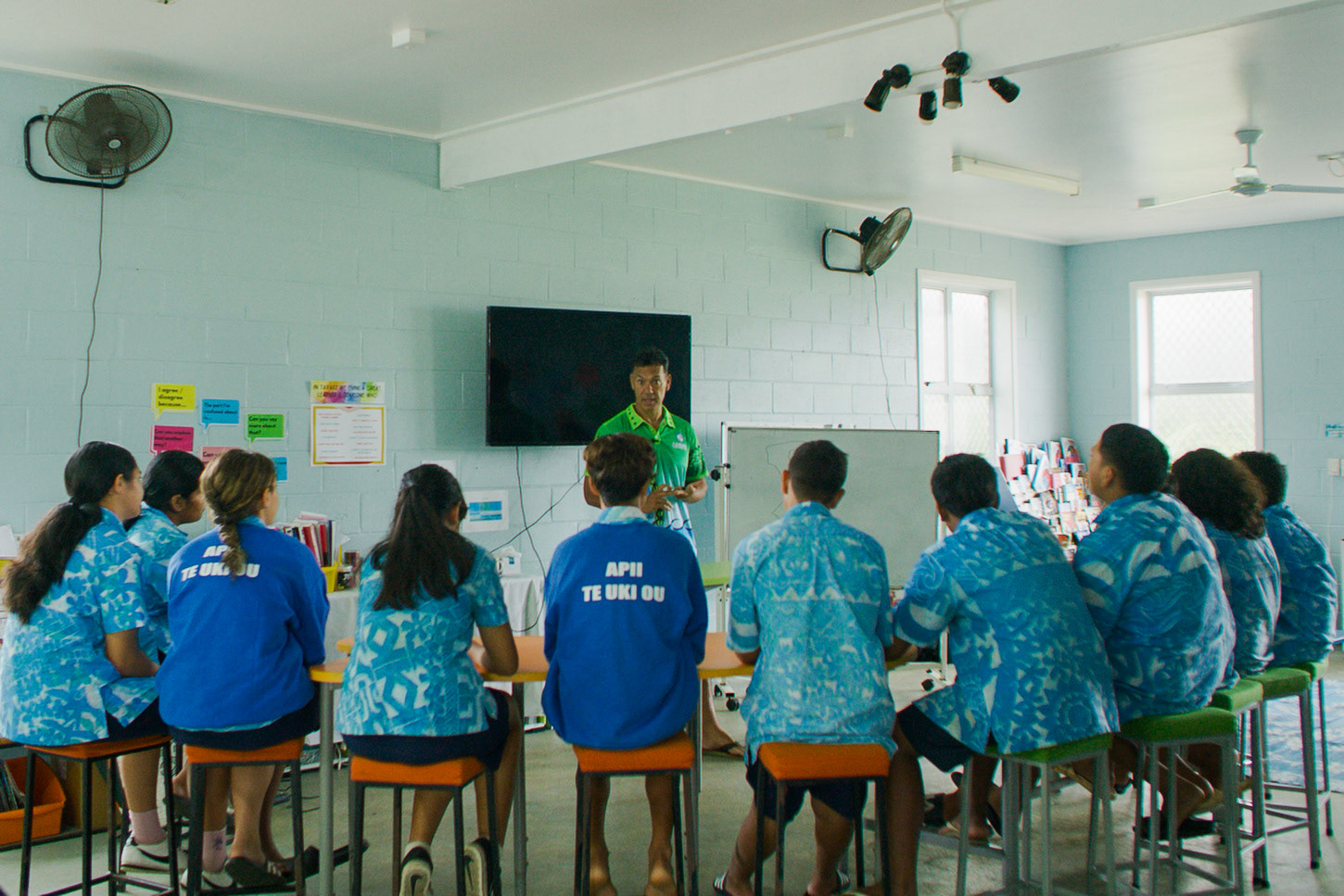
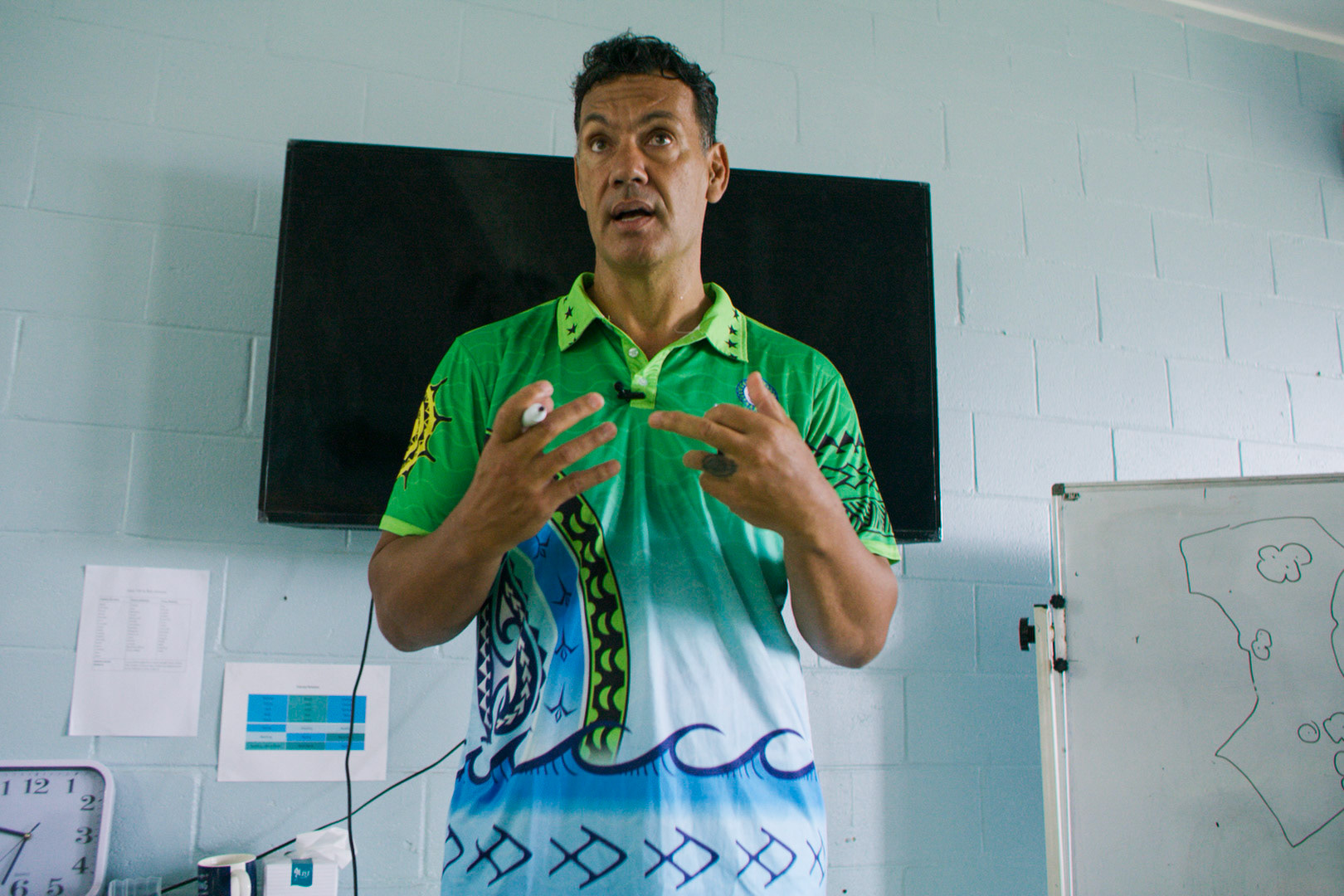
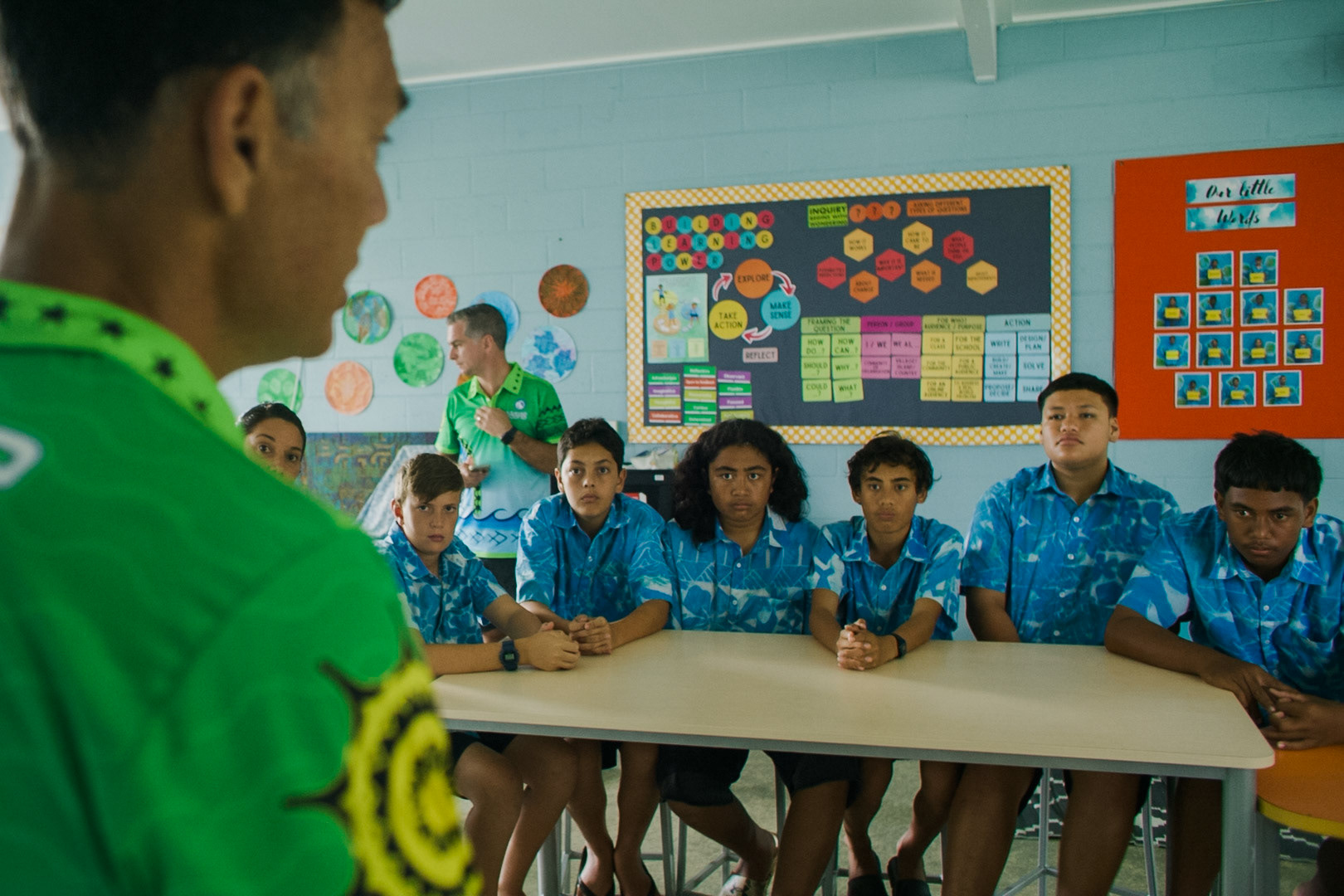
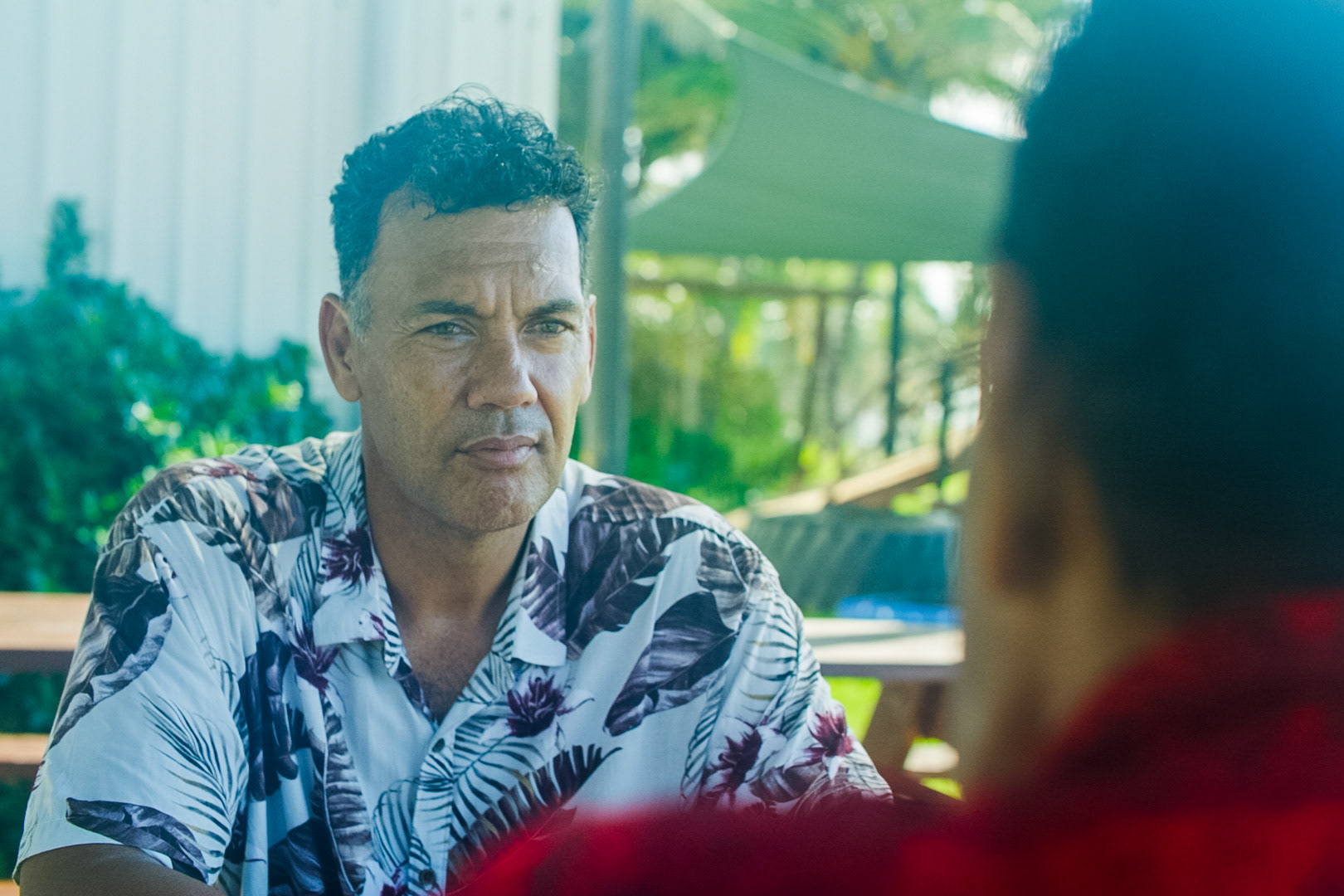
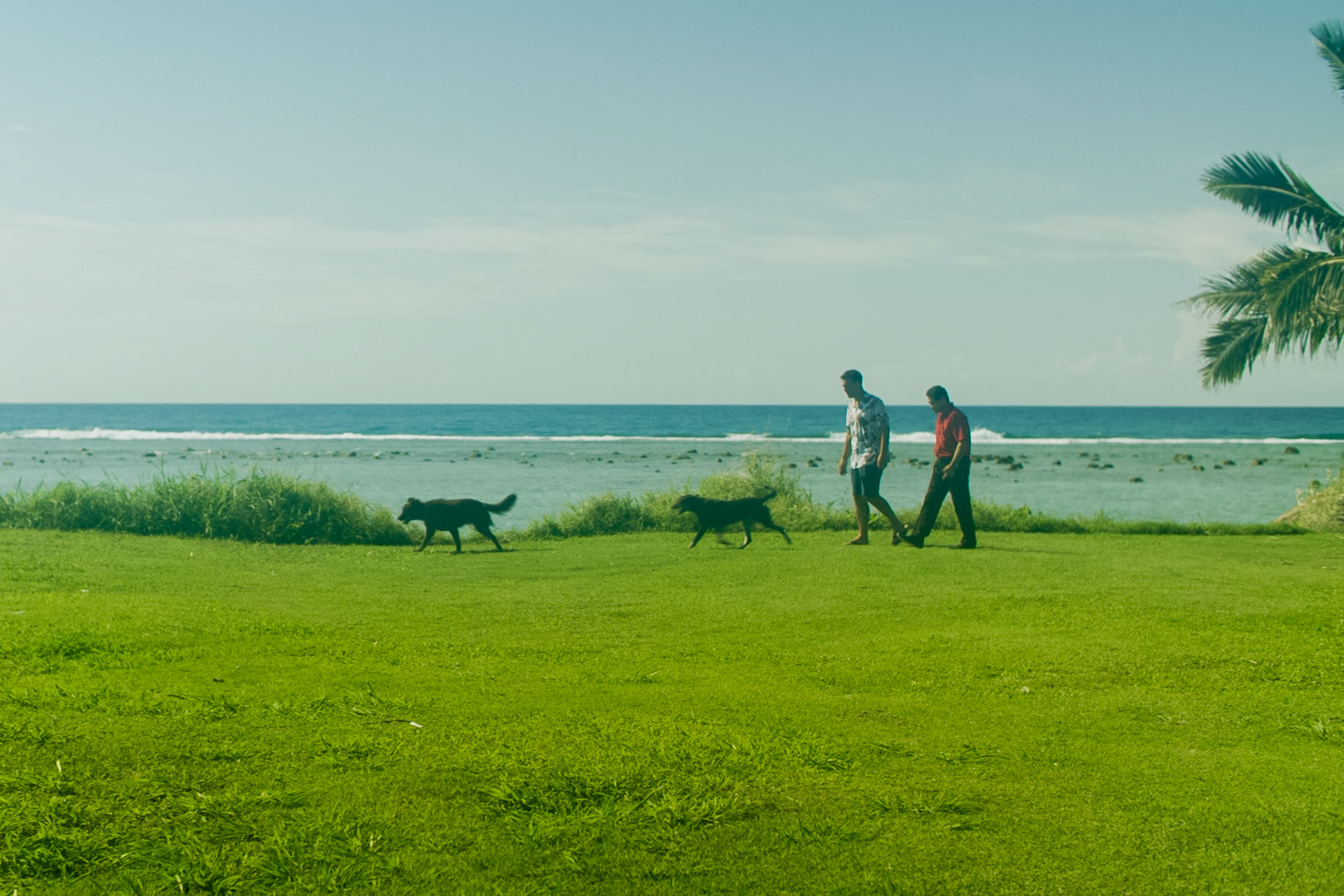
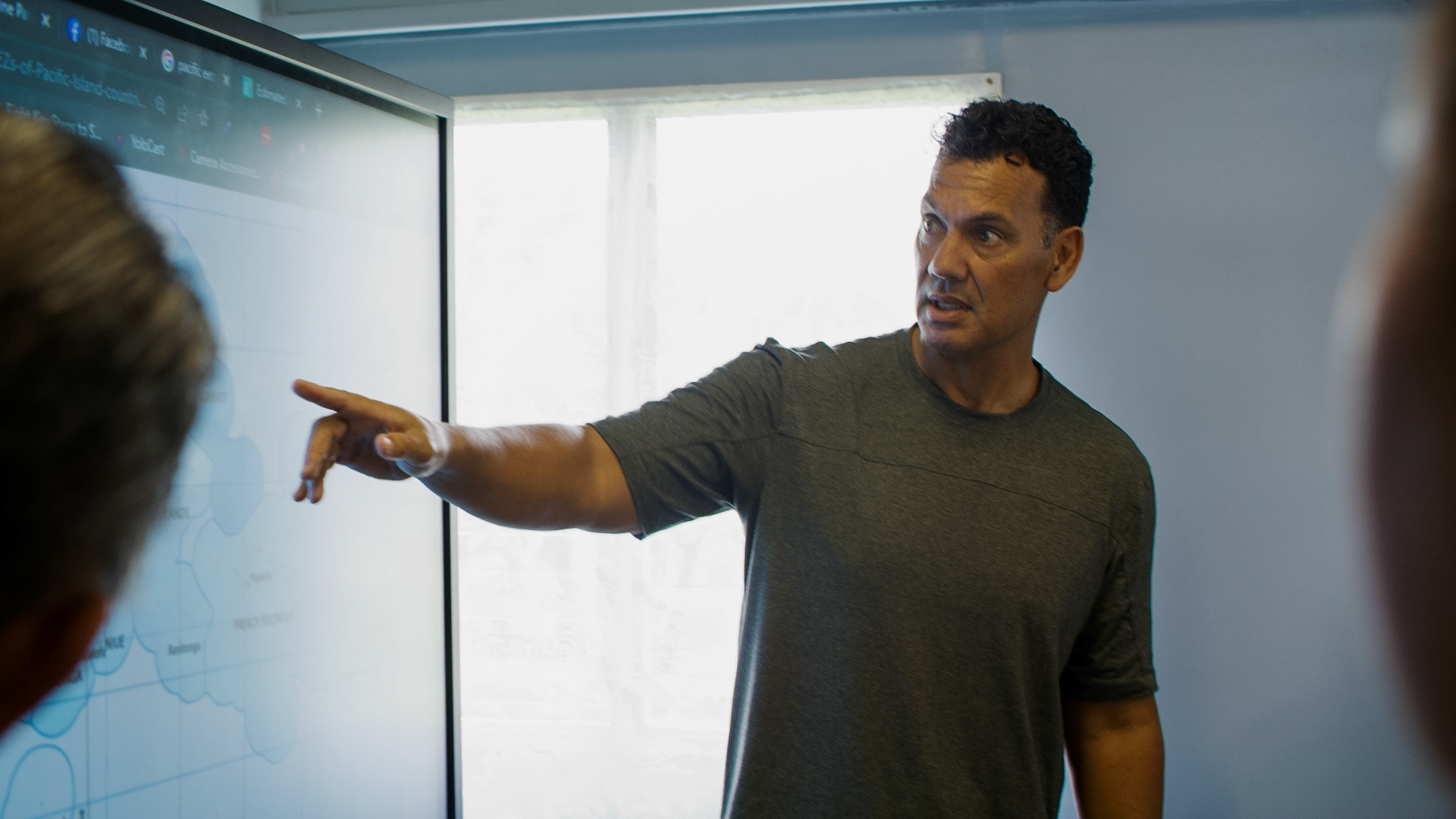
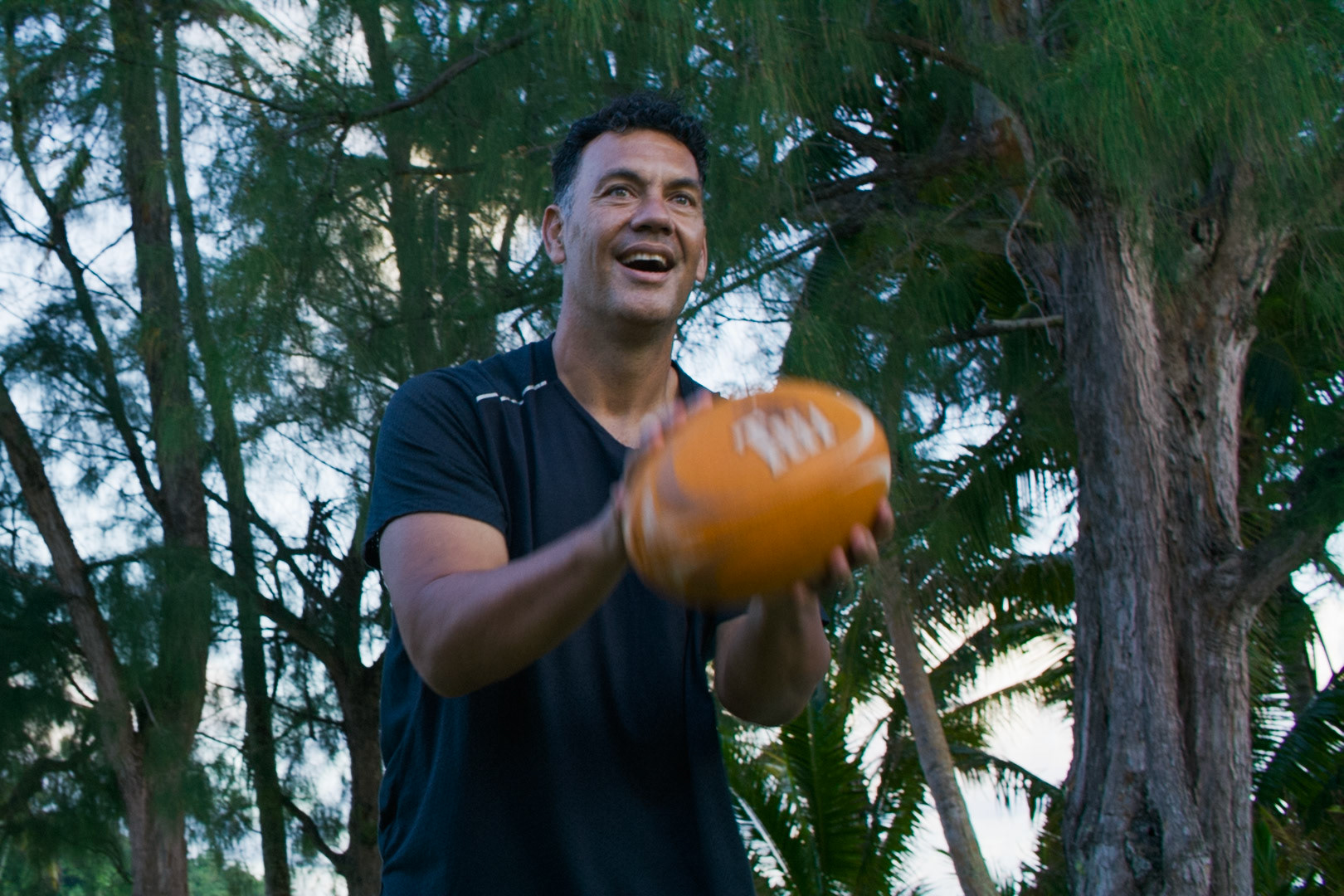
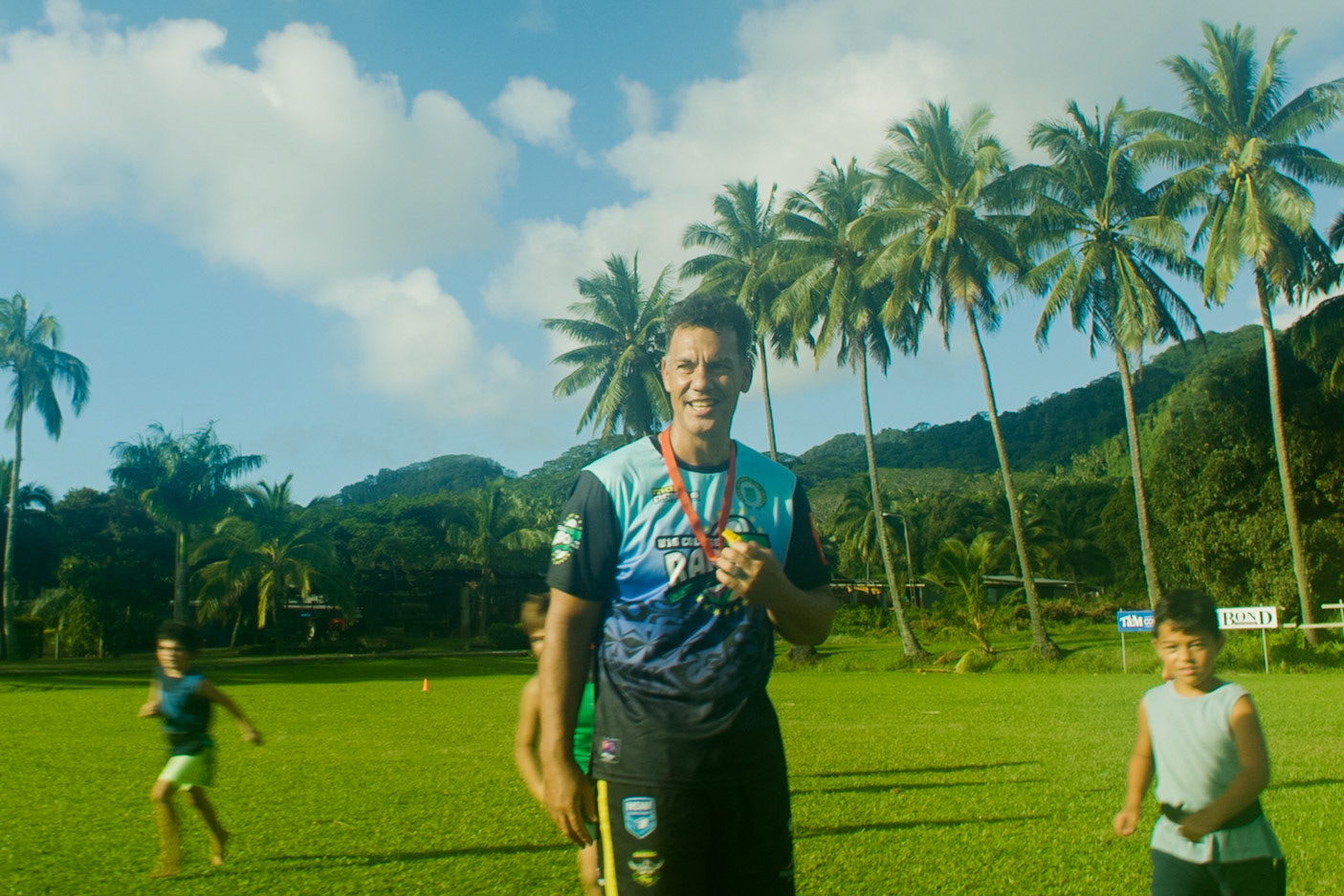
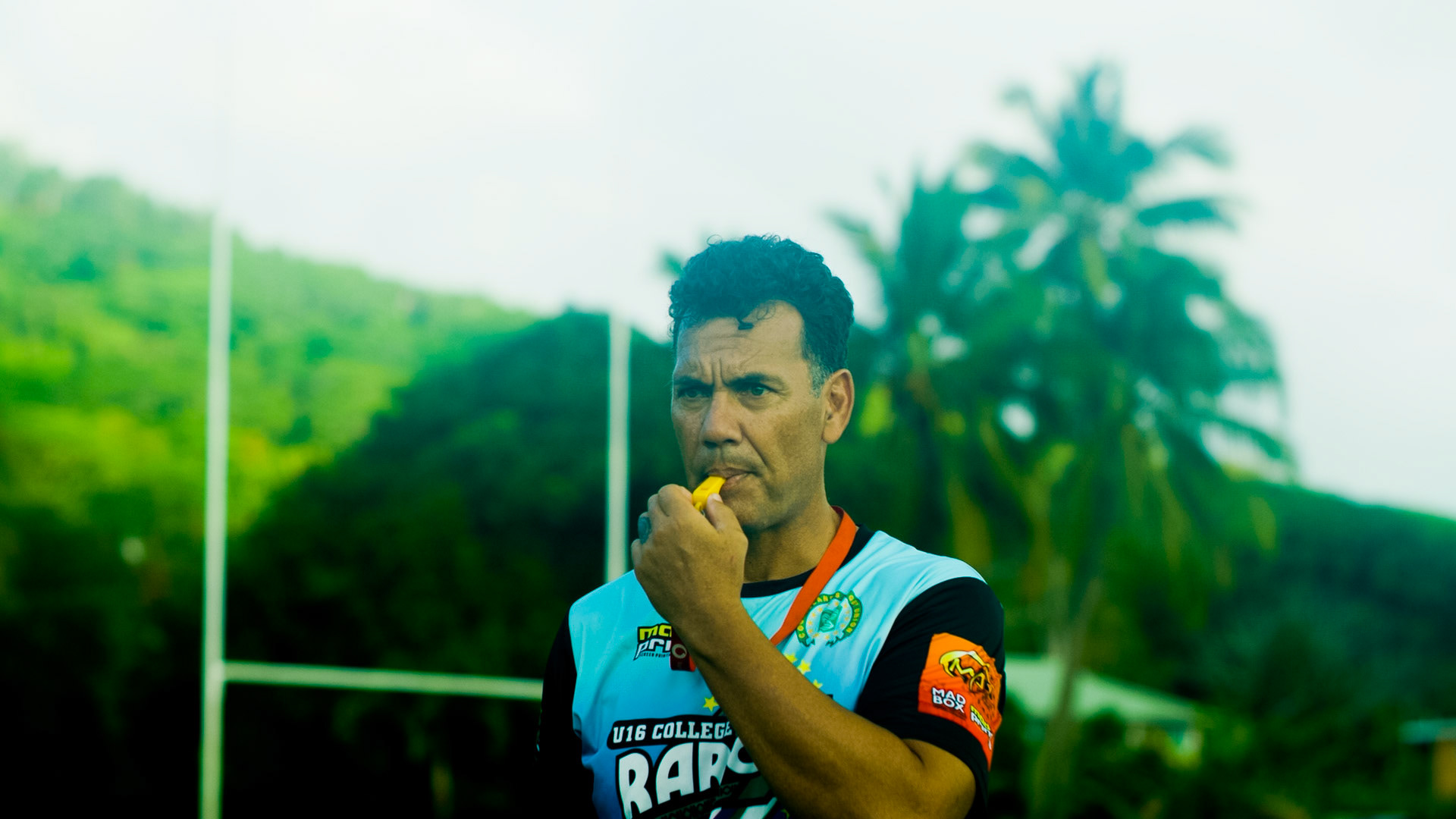
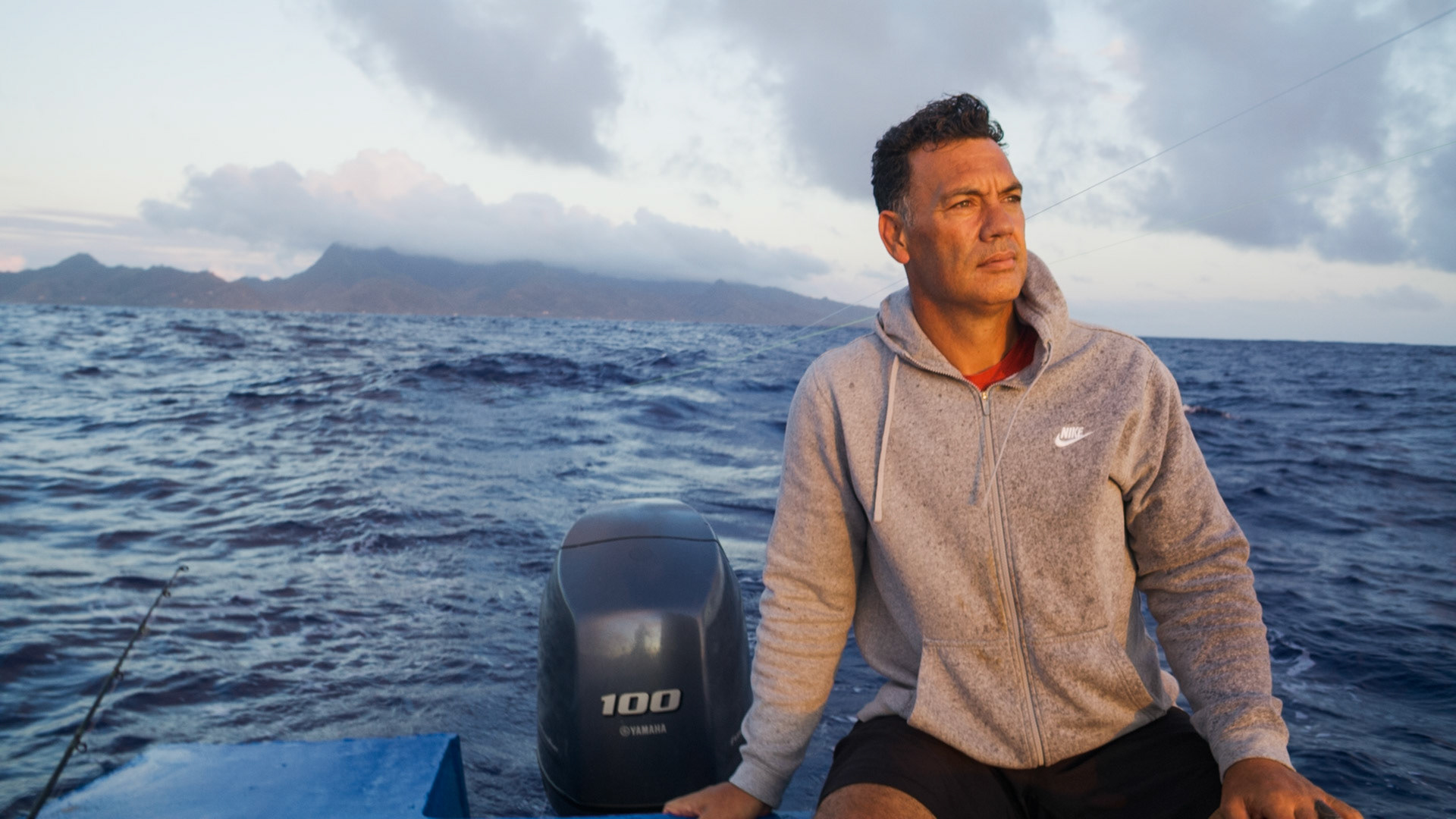
So when I discovered I’d have a chance to meet Kevin Iro, rugby-star-turned-ocean-conservationist, on his home island of Rarotonga, all sorts of questions arose within me. How did you educate yourself and get out of the “box” of sports? How did the naysayers affect you? Do you ever long to get back on the pitch with your mates? I certainly did.
I had an idea for a scene in which Kevin goes for a run on the beach and deals with these questions swirling in his head. He politely turned me down. He’d rather be filmed on a boat with the Ancient Voyage Society, doing what his ancestors did through millennia. To him, that was the story of his culture that breathed through the generations. Rugby was something else. And I thought, sure, rugby is a modern game. Perhaps it’s not as culturally significant as ancient voyaging. But it’s an art form. Through it, doors were flung open to do the unthinkable. A thousand years from now, the word "rugby" very well might be on the lips of future Iros who play in your great honor, and look out on the ocean, knowing it's theirs.